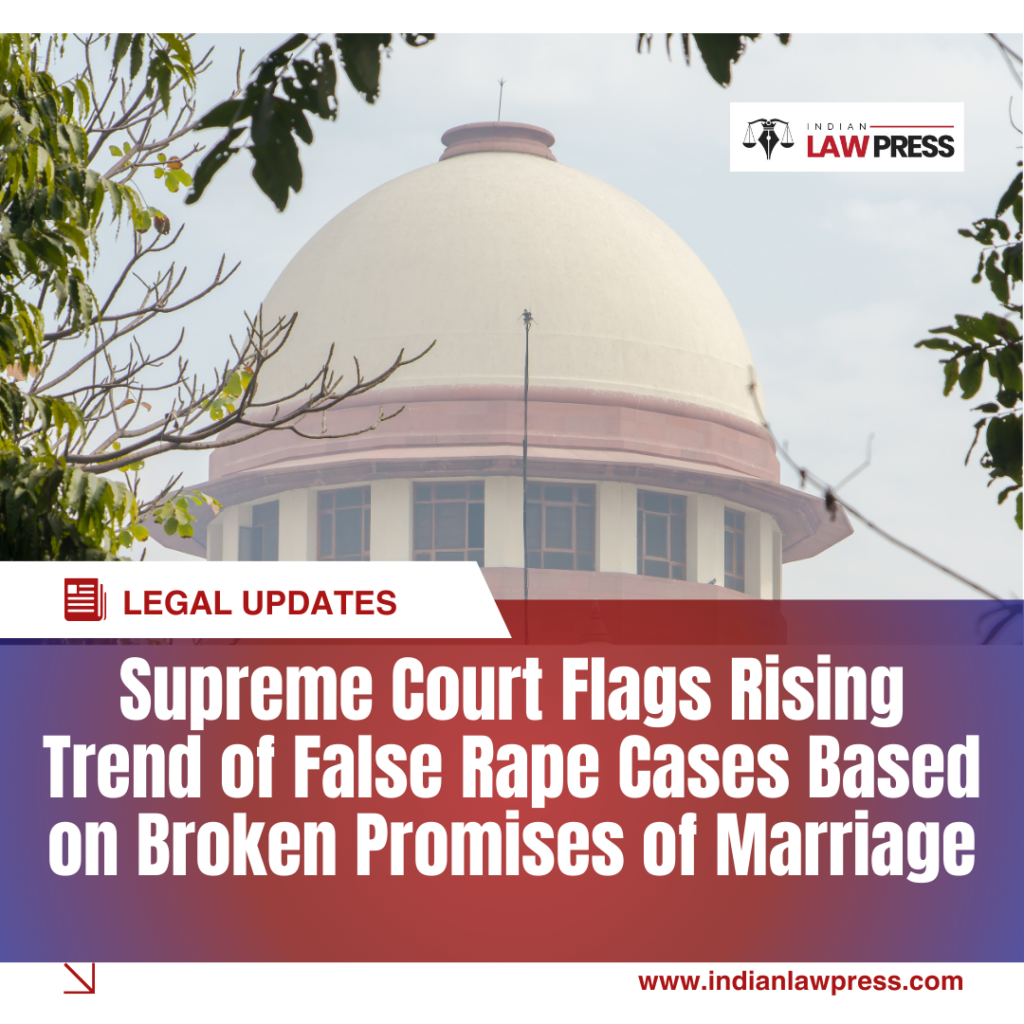The Supreme Court has upheld the 2016 decision by the Assam government to cancel the selection list for recruiting 104 Constables in the Assam Forest Protection Force (AFPF). The recruitment process was initially notified in 2014 by the previous government led by the Indian National Congress. The verdict was delivered by a bench comprising Justice Dipankar Datta and Justice Manmohan, who ruled that the cancellation was justified due to irregularities in the selection process.
Key Findings of the Supreme Court
The Supreme Court examined multiple concerns raised by the Principal Chief Conservator of Forests (PCCF) regarding the recruitment process, including:
- District Representation Discrepancies: The selection list was heavily skewed, with 64 out of 104 candidates coming from Kamrup (Metro) and Kamrup (Rural) districts, leaving 16 other districts unrepresented despite comprising 52% of Assam’s population.
- Violation of Reservation Policy: Some reserved-category candidates were counted under their respective categories instead of being included in the general merit list, affecting fairness.
- Lack of Transparency: The entire recruitment process was based on interviews without a written examination, raising concerns about favoritism and arbitrariness.
The Court observed that conducting recruitments solely through interviews, without written tests or clear rules, left room for manipulation. It emphasized the necessity of formal recruitment guidelines and a structured selection process to uphold transparency and fairness.
Legal Standpoint and Observations
The Supreme Court clarified that while unsuccessful candidates had not challenged the selection process, the successor government had found it legally untenable and opted for cancellation. The Court ruled that it was beyond the jurisdiction of judicial review to overturn a decision taken in good faith for ensuring diversity and representation in public service.
It further stated that policy decisions must be made in the public interest and with justifiable reasons, avoiding arbitrariness. Though inclusion in a selection list does not guarantee appointment, candidates have the right to challenge an unfair recruitment process. However, in this case, the Supreme Court found no infringement of legal rights, leading to the approval of the cancellation decision.
Background and High Court Proceedings
The recruitment process for AFPF Constables was initiated through a public notification on July 23, 2014. The selection process, comprising a Physical Efficiency Test and interviews, took place in May 2016. Following a change in government in May 2016, a report from the PCCF highlighted significant anomalies, leading to the cancellation of the select list on July 18, 2016. A fresh recruitment advertisement was subsequently issued on April 14, 2017.
Legal challenges followed in the Gauhati High Court, where a single-judge bench ruled that the irregularities could have been rectified without canceling the process. However, the Division Bench upheld this judgment, stating that no formal inquiry had been conducted. The Assam government then appealed to the Supreme Court.
Supreme Court’s Final Ruling
The Supreme Court found that the High Court had exceeded its jurisdiction by attempting to substitute the government’s policy decision. The apex court upheld the cancellation, emphasizing that the successor government acted within its rights to ensure fair representation and prevent potential bias in the selection process.
Furthermore, the Court underscored the need for recruitment rules to be framed before any future hiring processes. It directed that until formal rules are established, recruitment should be conducted under publicly available administrative instructions.
Future Implications
With the Supreme Court’s verdict, the Assam government is now authorized to conduct a fresh recruitment process for the 104 AFPF Constables under a structured and transparent framework. The Court also provided concessions to the candidates who had previously applied, including age relaxation and waivers for minor deficiencies, given the prolonged legal proceedings.
Case Details
- Case Number: Civil Appeal No. 2350 of 2025
- Case Title: State of Assam & Ors. v. Arabinda Rabha & Ors.
This judgment sets a precedent for recruitment policies across states, reinforcing the importance of transparency, meritocracy, and adherence to legal standards in public service appointments.
Read Also: The Art of Legal Drafting: Insights from Justices on Persuasion and Precision





